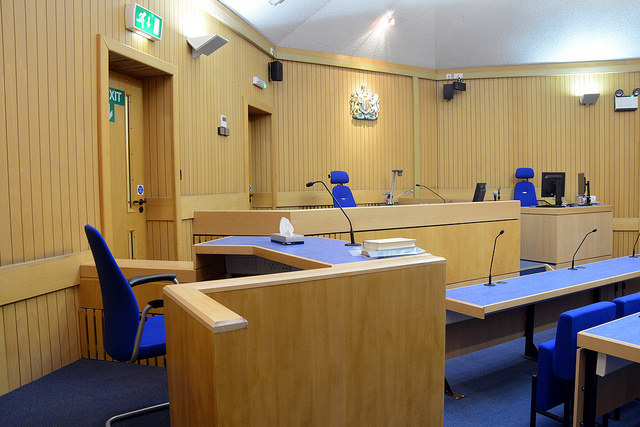Article by Daniel A. Levy, Esq.
A lot of people have heard the terms “grand jury” and “indictment”, especially when reading about publicized events in the news. In New Jersey, before the prosecutor can proceed with a criminal case, each and every defendant has the right to have their case heard by a grand jury to determine whether there is probable cause to proceed with the case. If they agree that there is, an indictment is issued and the case proceeds.
But what happens before an indictment? Does the case just automatically go to the grand jury without the defendant knowing? In some rare cases, it does. This would occur in major crime investigations – for example a large gang investigation – or when the crime is very serious. But for the vast majority of criminal cases in New Jersey, there is a whole procedure that happens before the case is presented to a grand jury. And a major part of that process is pre-indictment plea bargaining.
Each county is a little different in how they handle their dockets. But the general rule is that a majority of criminal cases are low-level offenses that the State would like to dispose of quickly and easily. There is usually (but not always) a prosecutor that reviews these files in the early stages, and if they think that there could be an early plea, they will schedule the matter for early disposition, known in most places as Pre-Indictment Court (“PIC Court”). That court appearance is essentially an informal plea conference with the prosecutor. Typically they would have some of the police reports, but they are under no obligation to share all evidence with defense counsel. The attorneys would discuss the case and attempt to negotiate a fair plea.
And this is why it is important to have competent counsel involved in your case from an early stage. This PIC conference is usually a criminal defendant’s best chance at getting a lenient plea offer. Because the prosecutors want to resolve as many cases as possible from the early stages, PIC pleas will almost always be the very best offer that a defendant will receive in a case; the offers will get progressively worse as the case proceeds towards a trial, with an eventual deadline when all offers are withdrawn. A skilled criminal defense attorney will be able to aggressively negotiate a PIC plea and work towards a great result for the client. Or alternatively, a good attorney could advise the client that the case does not warrant plea bargaining and that the defense team should pursue all options to ready the case for trial, far in advance of when the prosecutor would be ready to try the case.



